The Honoris network of institutions is coming up with innovative ways to create positive impact for the environment while also making a valuable impact in their communities.
MANCOSA OF SOUTH AFRICA: THE INFINITY GREEN LEGACY GARDEN PROJECT

In August 2020, MANCOSA won the first South African Virtual Design Thinking Challenge, hosted by Impact Week which is a non-profit program that promotes innovation and entrepreneurship skill progression in developing and emerging economies as a foundation for sustainable growth by establishing sustainable business models using Design Thinking.
Following research into the challenges faced by the communities in South Africa amidst COVID-19, the MANCOSA team proposed a solution of a sustainable feeding program whereby educators, mothers and pupils would create urban agricultural initiatives on school premises to provide nutritious meals.
Surplus produce may be sold, traded or bartered.
Sooraya Ebrahim, Academic at MANCOSA, Leads the Infinity Green Legacy Garden
“The project aims to support regular nutrition for school children, create job opportunities by mobilising parents and mothers who are able to generate an income through the sale of vegetables, support a sustainable future with basic entrepreneurial and business skills that will last a lifetime and improve the overall well-being of children through garden therapy which helps reduce anxiety and depression, improves attention and promote feelings of autonomy, dignity and self-pride.”


Anil Singh, Principal at Greenvale Primary School
“There is widespread unemployment and poverty in the community. With this project the school will benefit from proceeds of the sale of fresh produce while learners and the community will develop an interest in home gardening and entrepreneurship. We are thankful to MANCOSA as this project will create a sustainable food garden for the community.”
UNIVERSITÉ CENTRALE OF TUNISIA: Plant trees
UNIVERSITÉ CENTRALE of Tunisia has launched the operation "Plant trees: One student = one tree".Through this action, UNIVERSITÉ CENTRALE marks its desire to develop the intrinsic qualities of its students to make them the leaders of tomorrow, able to build a better Tunisia in all fields and on all levels.
This ecological action is part of Honoris’ Corporate Social Responsibility strategy and involves students from the group's various schools to instill in them societal values, respect for the environment, and responsibility for the environmental legacy that we must leave to future generations.
The mission of the UNIVERSITÉ CENTRALE is to make students active members of society, defenders of ecology and Tunisian flora while developing their sense of citizenship. >>read more
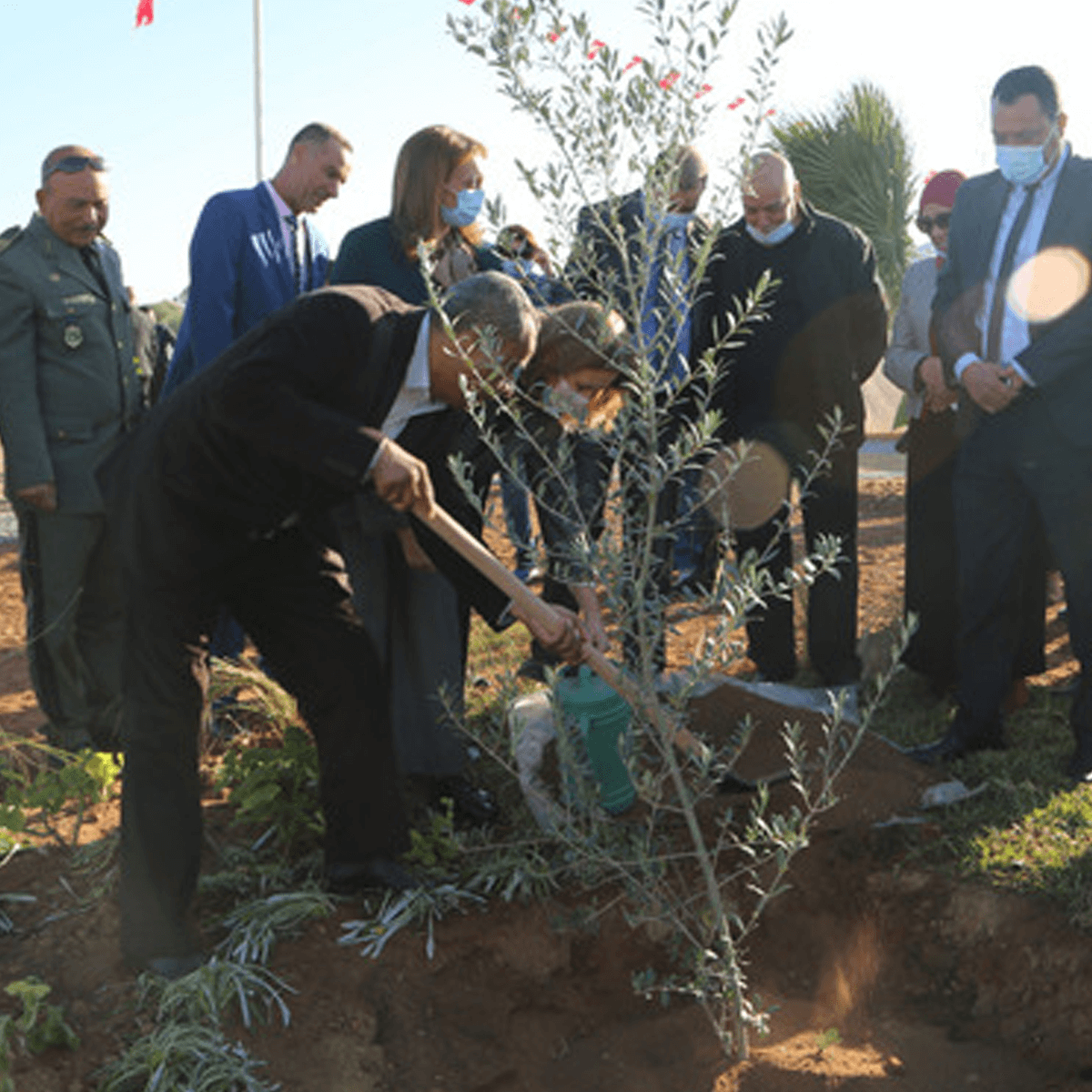
EMSI AND MUNDIAPOLIS MOROCCO: More than a simple link
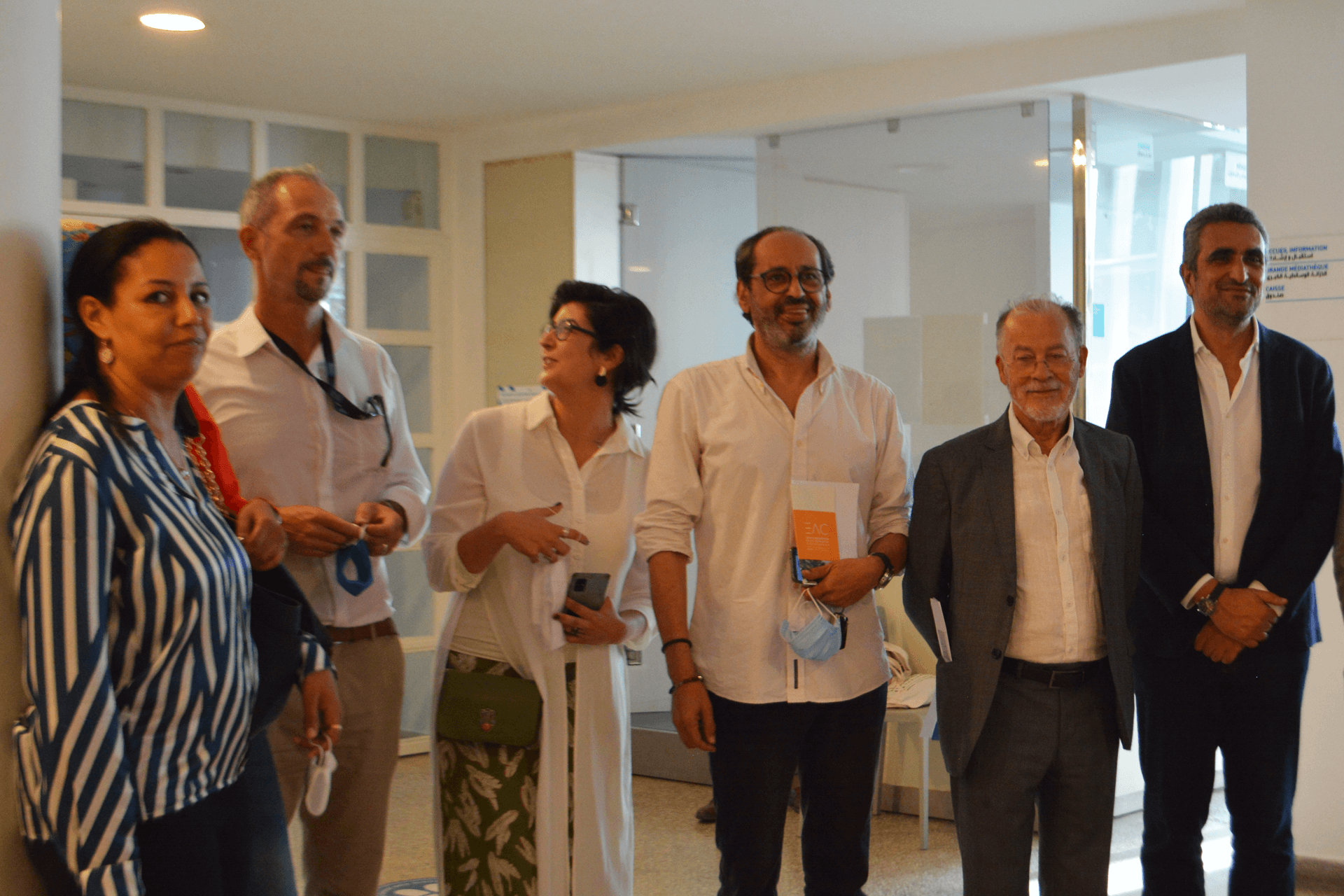
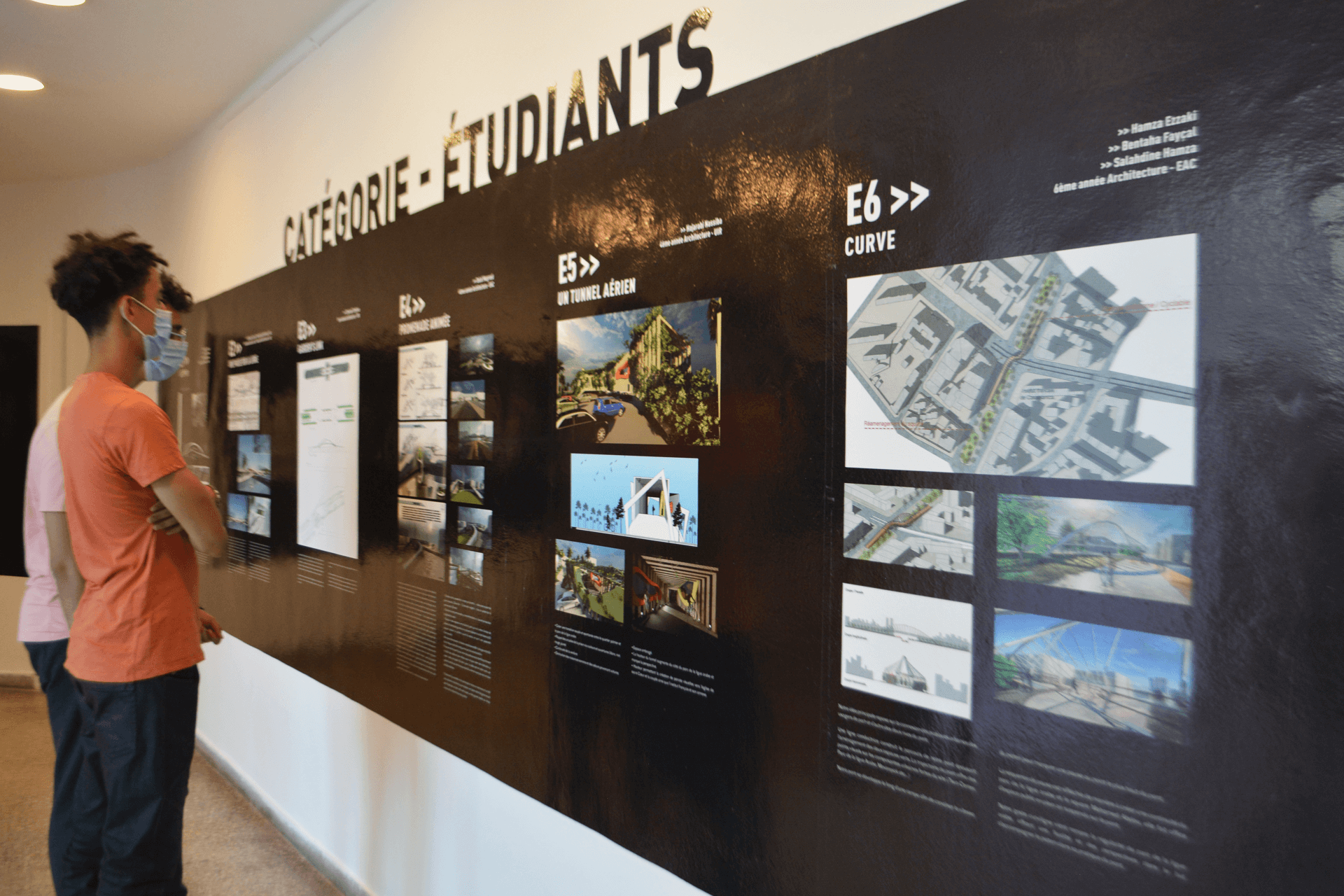
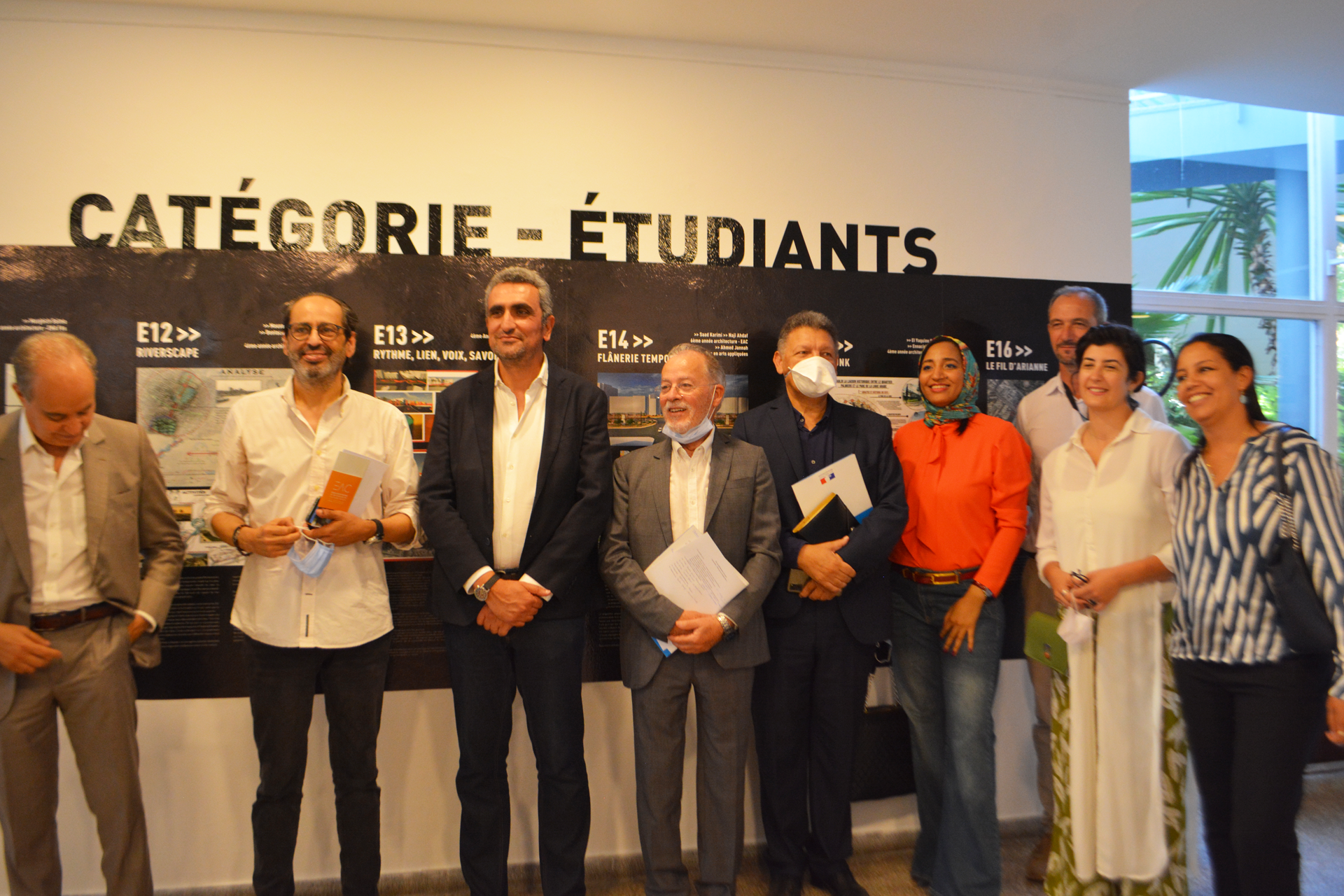
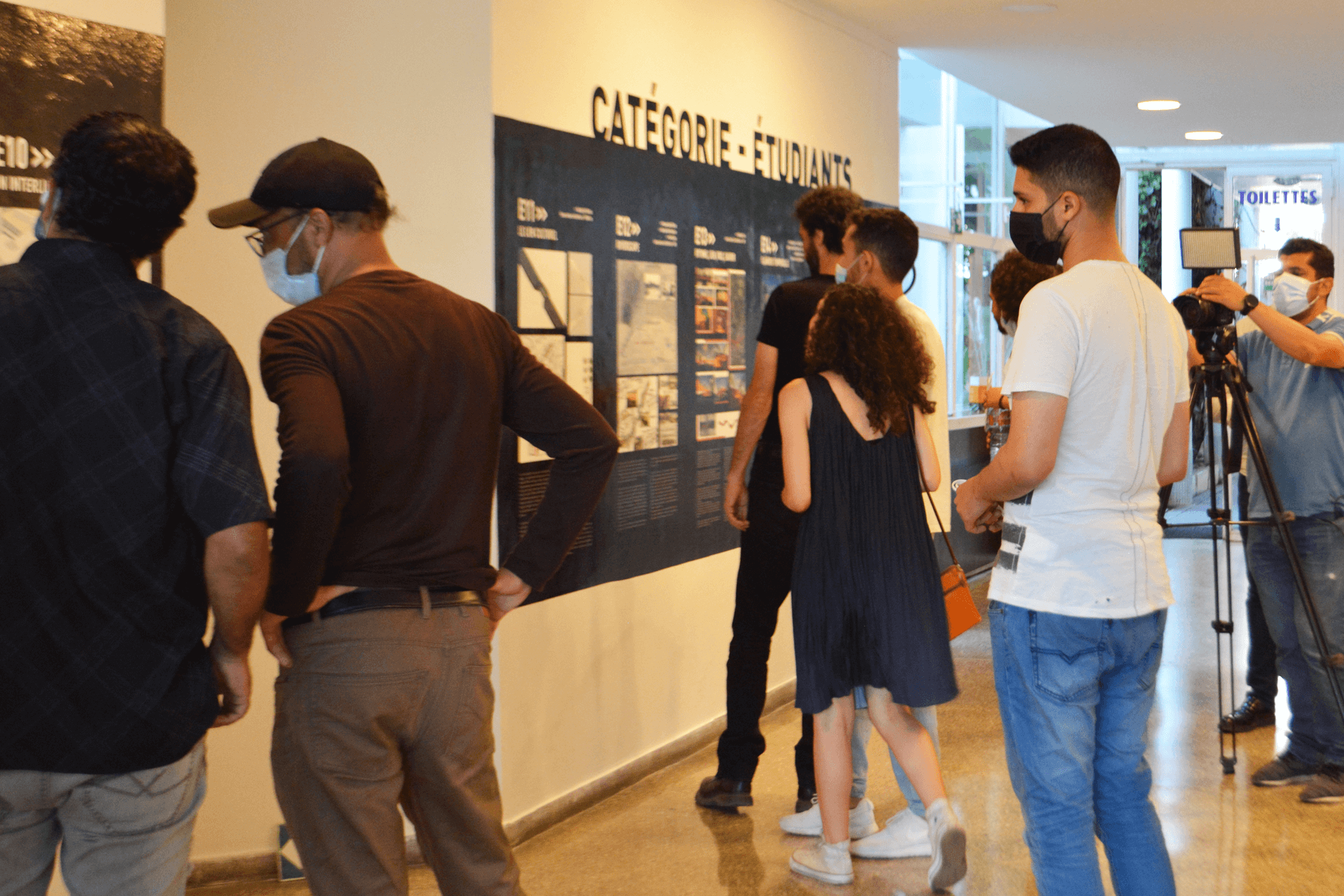
The Casablanca School of Architecture and Landscape (EAC), the Association de l’Espace Mohamed Abdou (AEMA) and the French Institute of Casablanca (IFC) have unveiled the winners of the “More than one simple link ”, the objective of which is to re-establish the historic link between the Palmier district and the Parc de la Ligue Arabe.
“This is a project which aims to promote the principle of a pedestrian bridge spanning Boulevard Zerktouni which is also a new way of crossing offering an elegant transition between Square Mohamed Abdou and Parc de la Ligue Arabic”, said a joint statement from the EAC and IFC.
Participants were invited to propose a crossing over the boulevard, promoting urban quality and freedom of movement for pedestrians and cyclists, which is "more than a simple link". To do this, each participant was encouraged to develop his imagination and creativity in order to carry out this project while respecting several criteria, namely functionality, aesthetics, originality or added value (multiple uses, taking into account all audiences). In response to this call for ideas, 8 professional projects and 16 student projects were received.
Initially, Mohamed Abdou Square was part of the Arab League Park. The Palmier district, formerly linked to the main park of Casablanca and to the center of the city, is today cut off from it due to the intensification of automobile traffic and especially the creation of the hopper. Thus, the urban continuity has been broken and Boulevard Zerktouni has transformed into a physical barrier for pedestrian traffic. While the opening of the renovated Arab League Park gives back a major green space in the heart of Casablanca, the idea of re-establishing this urban connection appears obvious.
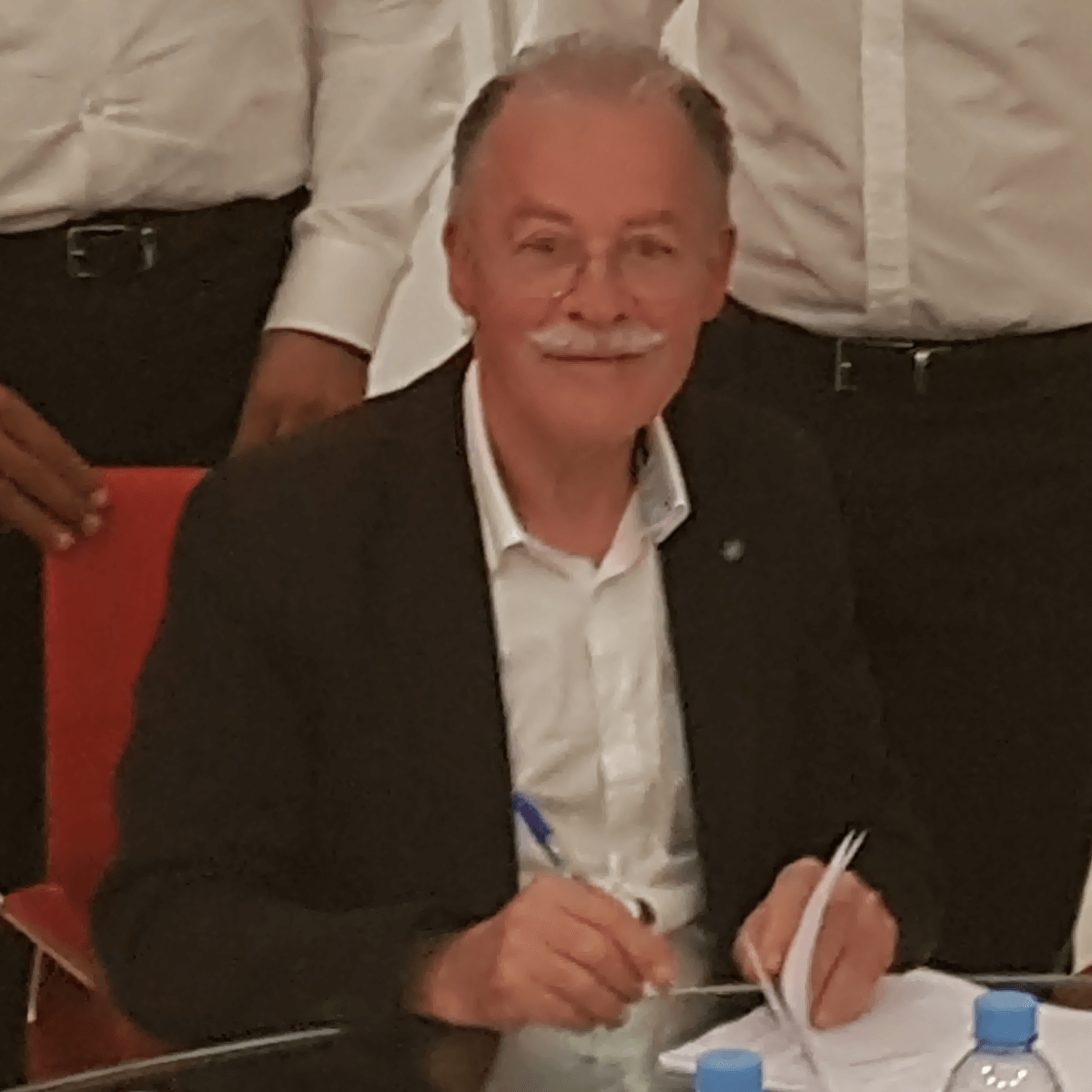
Abdelmoumen Benabdeljalil, President and co-founder of the EAC
"This project consolidates the commitment of the School of Architecture and Landscape of Casablanca in the evolution of the city of Casablanca and reminds that the influence of our city is possible thanks to citizen and committed initiatives. The people of Casablanca must take ownership of their city and mobilize their creativity to reinvent daily life and facilitate travel by improving connectivity between neighbourhoods."
EMSI AND MUNDIAPOLIS MOROCCO: Renewable Energy
In the global efforts to fight climate change and develop smart cities, the ECOLE MAROCAINE DES SCIENCES DE L’INGENIEUR (EMSI) in Morocco, has focused interventions on finding alternate methods for renewable energy. The University was inspired to design a smart house that is self-sufficient, modular, well insulated and cost effective.
The brief caters for African and Moroccan conditions with a goal to be self-sufficient in terms of power generation and to ease the financial burden on consumers energy costs. Mundiapolis designed a house that can be built in any African country with good potential for solar energy.
The research is perfectly suited to the goals of sustainable development. There are two objectives: Smart Cities (future buildings, the use of renewable energy) and Health (Hospital Management).
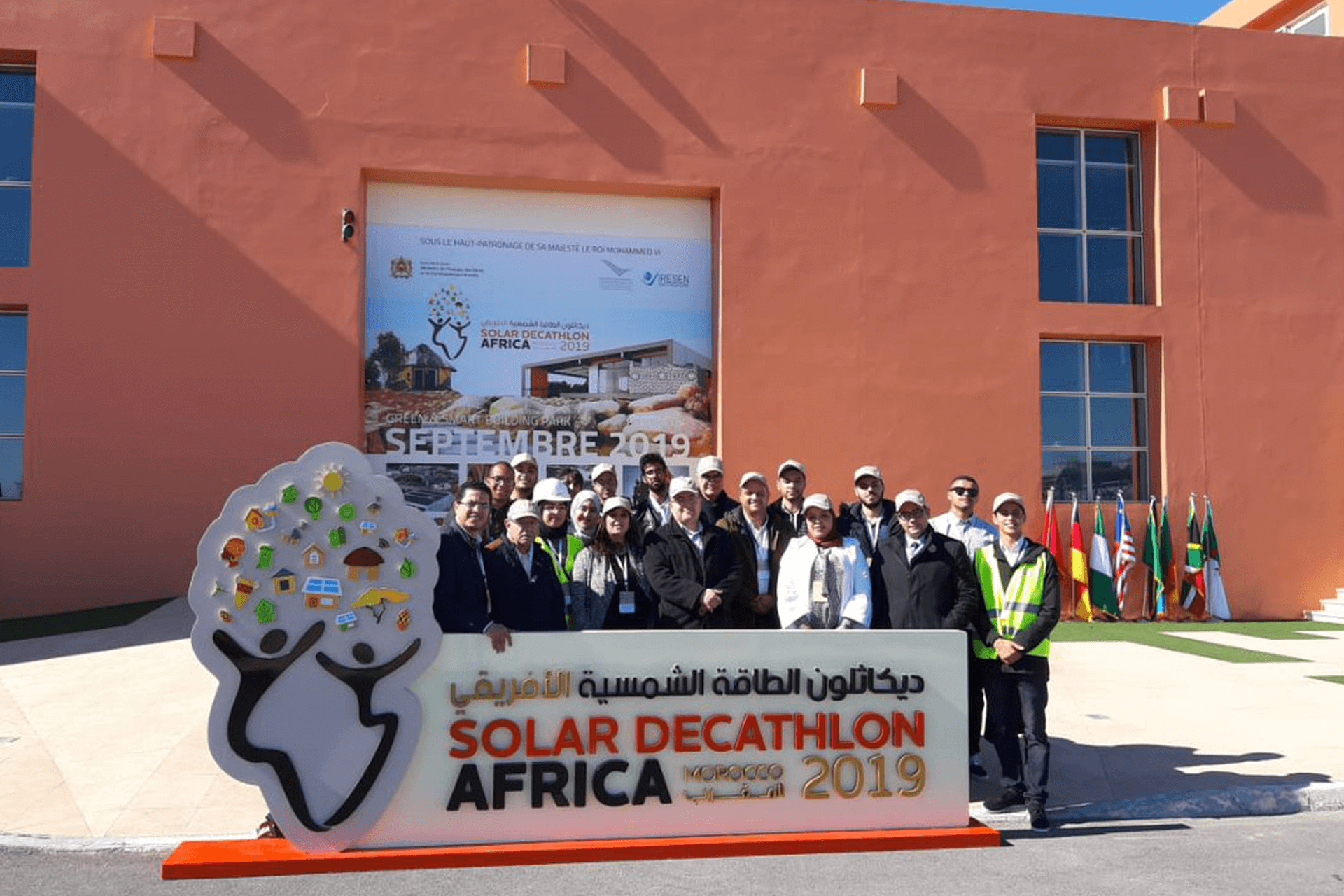
NILE UNIVERSITY OF NIGERIA: Solar installation
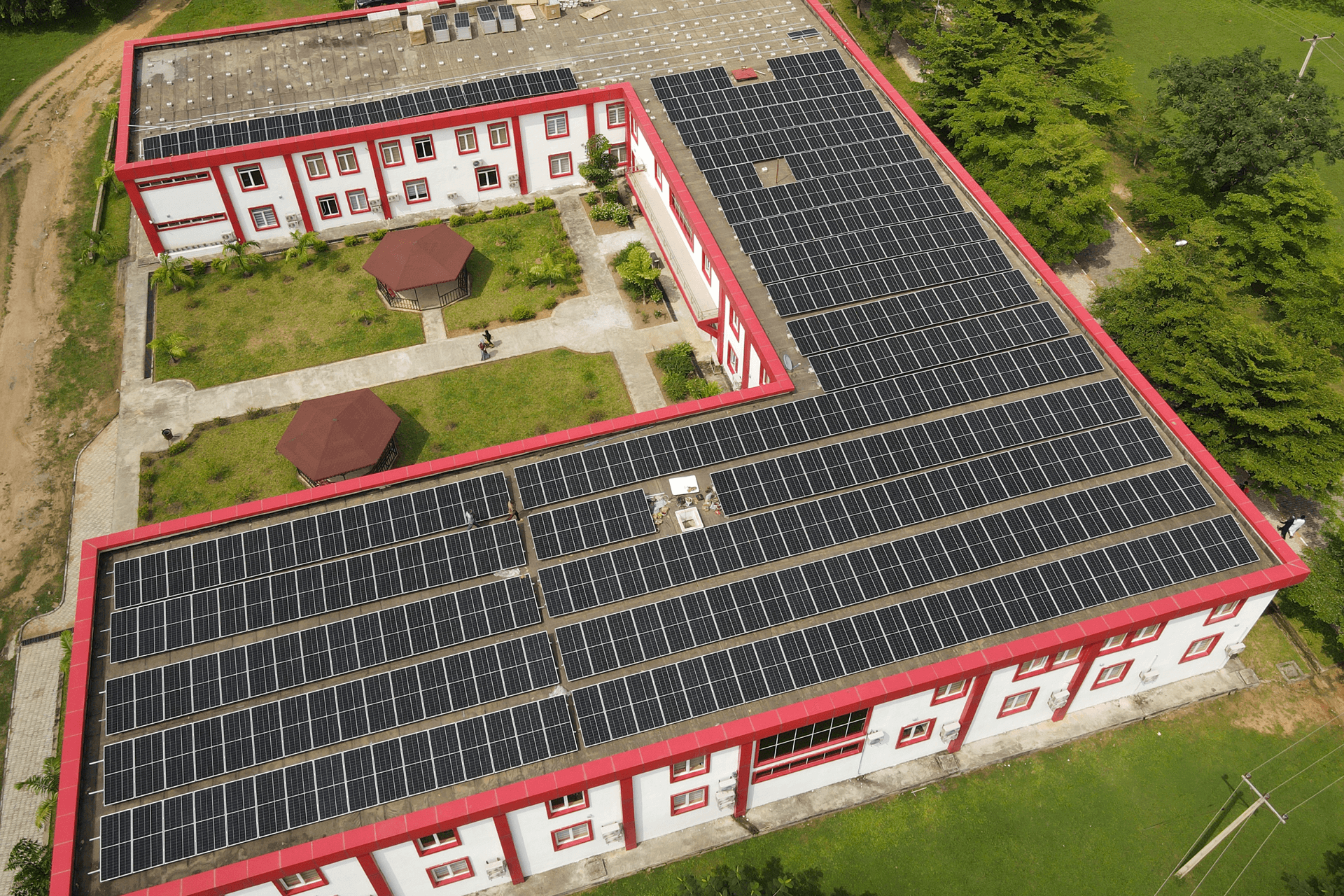
Starsight Energy, the leading African Commercial and Industrial solar power provider, completed an 876-kWp solar installation for the Nile University of Nigeria campus in Abuja. This project will deliver reliable clean energy to power the university’s buildings for more than two decades, ensuring the university has the infrastructure needed to continue to serve Nigeria’s higher-education students.
Nile University and Starsight’s solution comprises of two solar installations that allow for flexible switching from grid power for maximum efficiency. These systems are projected to prevent over 14,888 tons of CO2 emissions over the project’s lifetime.
It is through projects such as this that the Honoris network meets its goals of providing world class education in institutions that do their part to make a positive impact in society through their actions.
Lateef Kareem, CFO of Nile University of Nigeria
“Infrastructure remains a critical element for economic development in Nigeria and the education sector is not isolated in this regard. As part of our investments to increase capacity in response to the growing demand from the market our university needed a tailored solution that ensured consistent power supply while also optimising our energy costs. Starsight was the right choice for us, and their team designed, tested, and delivered our solar solution in great time. Further, the CO2 avoidance enabled by these systems will go far to advance the University’s sustainability goals.”


